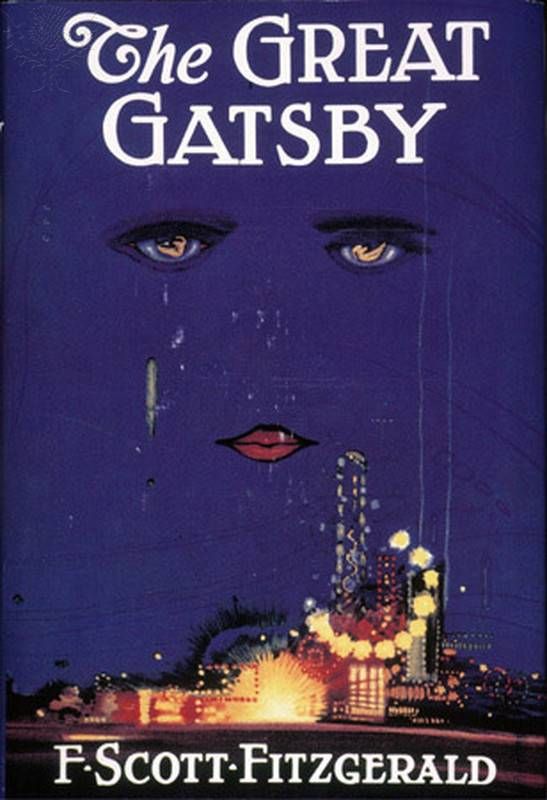
Close-Reading the First Two Sentences of THE GREAT GATSBY
Like Hamlet or The Godfather or Star Wars, it’s hard to even see The Great Gatsby for itself. Even it you don’t know the story, you’ve probably heard of it, Fitzgerald, jazz, and flappers. In an effort to see the book as clearly as possible, let’s take a look at the first two sentences, and try to pretend we’ve never encountered the novel, or its significant cultural aura, before.

Here’s how The Great Gatsby begins:
In my younger and more vulnerable years my father gave me some advice that I’ve been turning over in my mind ever since.
“Whenever you feel like criticizing any one,” he told me, “just remember that all the people in this world haven’t had the advantages that you’ve had.”
And now some uncollected observations:
1. Right away, this is about looking back and recalling a younger and more vulnerable time. The narrator, whoever he is (trying hard to play this straight), is now neither young nor vulnerable.
2. This advice hasn’t been easy for the narrator to take for some reason. That “turning it over in my mind ever since” suggests a constant binary evaluation–is this advice true or untrue? Presumably, the narrator has conflicting experience or philosophy about the proposition. That, or the narrator has chosen to admit that the advice has some truth value, but that the application of that truth onto his (ok, going to go ahead and cheat and use the gender here) experience. We might assume that the story that follows is a case study for this advice, though probably not a decisive one, else the tone would be less ambivalent here.
3. On to the advice itself. I guess the first question I have is about whether or not this really is advice. Advice generally aids in deciding on a course of action—how to do something or whether to do anything at all. This seems like a warning against criticism, but there is no direct injunction against criticism, just the reminder about inequality when “feeling like criticizing anyone.” His father may well be saying not to criticize, but he might also be correcting the nature of the criticism. It’s not that you shouldn’t criticize, just that you should take this particular condition into account.
4. Whether or not the father is warning him against criticizing at all, we now know something about the narrator’s inclination toward whatever follows in the story. His instinct, it would seem, is to criticize it, but his father’s warning gives him pause. As a reader, this is useful information; the narrator is in the process of evaluating the events himself. That Gatsby is a vehicle of evaluation should stay front-of-mind.
5. There is also a difference in experience between the narrator and the person/people he is going to tell us about. The narrator has had “advantages” and we can infer from the invocation of this advice that the person/people under consideration have not had those same advantages. It is possible, though probably unlikely, that they have merely had different advantages, but probably it means that the narrator has had just plain more advantages.
6. In American cultural discourse, “having advantages” is code for money. If someone is tall or particularly good at math, we don’t say they have “advantages,” though in the broadest sense of the term, they do. This advice is, at its core, a sociological position. It implies that social standing must be taken into account when judging identity and behavior.
7. I now wonder if that opening descriptor of “more vulnerable” might also describe the narrator’s “vulnerability” to this kind of advice. My initial reading (and by that I mean the one I have carried with me since I first read Gatsby 15-odd years ago) was that the narrator is describing his general vulnerability and likely his vulnerability to desire to criticize. But perhaps this “turning over in my mind” is also the product of giving undue credence to fatherly advice, particularly of this sort. Is this advice itself naive? It’s certainly true that “all people in the world” don’t have the same advantages, but how much should we consider upbringing when evaluating undesirable behavior? At what point does “disadvantage” no longer excuse wrong doing, if it should excuse it at all? These are the more nuanced questions that the narrator’s father’s aphorism does not consider.
Alright, so what are the takeaways here? I think there are three central ideas to keep in mind going forward:
1. Observation and memory
2. The relation of social position to identity and behavior
3. Evaluation and judgment





